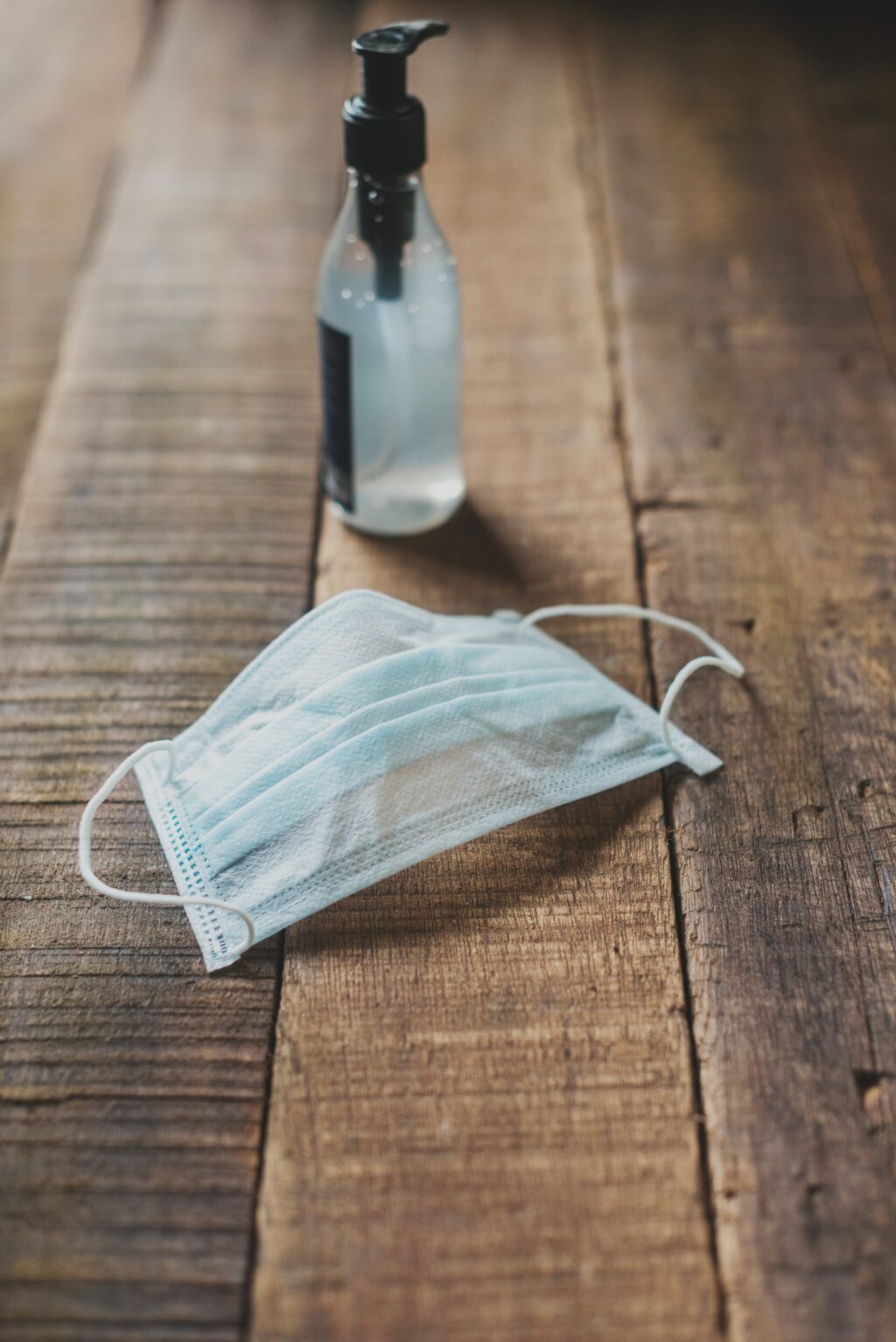Personal Essay: Pandemic isn’t over for the immunocompromised
3 min read
Anshu A / Unsplash
by JOSEPHINE JOHNSON
News Editor
It is completely reasonable that college students are excited to be vaccinated and experience the world going back to how it was before. When I got to campus and witnessed how the previous year’s MMDC rules had eased up, I was excited too.
But then, not even a week had passed by before COVID cases were already popping up, especially with the Delta variant. As an immunocompromised student, this has been especially worrying.
On my third day of classes, I got my first exposure notification. The email told me not to panic and that since I was vaccinated I wouldn’t have to quarantine or be tested. But if I wanted a free COVID test at school, I had to wait until Monday, five days after my possible exposure. And I couldn’t schedule a rapid test at the CVS Pharmacy down the street until Tuesday. For those five days I was stuck in my apartment waiting, it was nerve-wracking. Every hour that passed I thought about everyone I had seen in the past few days and wished that I could let them know if I was positive. Especially now that restrictions have eased up so much, I wish COVID testing on campus was more readily available.
“COVID has a high survival rate” or “it doesn’t affect anyone our age” are a couple of examples of what I hear when I express my concerns to others. Oftentimes, whether intentional or not, immunocompromised individuals are left out of the conversation.
Being immunocompromised is different for everyone. For me, it means my symptoms may be more severe or take longer to recover from. I’ve known about my chronic illness since I was around 13. When I got colds or the flu every so often I noticed my symptoms could be worse than what I’ve heard the other kids talking about. I thought I was just being dramatic at the time.
The chronic illnesses and disabilities that can make someone immunocompromised are often invisible, thus easily overlooked. In the past, I’ve had people talk to me as if I’m as healthy as they are. I will never forget when I saw someone my age refer to COVID-19 as “survival of the fittest.”
My own experiences have made me more empathetic towards other immunocompromised individuals. We don’t get to go back to “normal” after getting vaccinated. I take no risks when it comes to COVID-19. I plan to quarantine until the soonest possible COVID test after every exposure I have. I am grateful that I had the opportunity to get the vaccine, as it lowers my chances of contracting COVID and developing symptoms. However, the symptoms I may still get can be debilitating. This is a health concern as well as a concern for my performance in my classes. I already miss a fair amount of classes due to chronic illness, and I’d hate to miss more because of something that could have been avoided if I and others around me had been more careful.
After my exposure, a few of my friends were still willing to see me even before I’d been tested, which is something I cannot understand. Do they not know the risks? Is it really that easy to be born in a healthy body, not having to worry anymore because the vaccine will stop your symptoms? Or do they not have ill people in their lives to worry about?
I have had COVID before, and I was lucky that it wasn’t worse. I caught it from my mom, who is still suffering the long-term effects in her lungs and loss of taste and smell.
Yes, I have survived COVID once, but I feel it’s unfair to be expected to survive it again just so those who aren’t as affected can get back to their normal lives and forget about the immunocompromised.
Please take precautions, wear your mask correctly and stay home if you’re feeling symptoms. I’m asking not only for myself, but for every other immunocompromised student or faculty member at UMW and for their families and friends.


